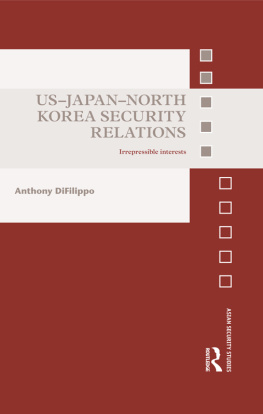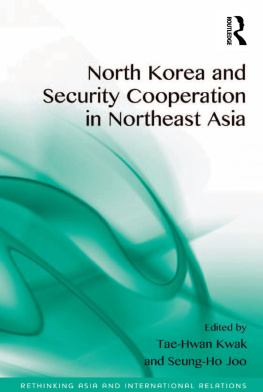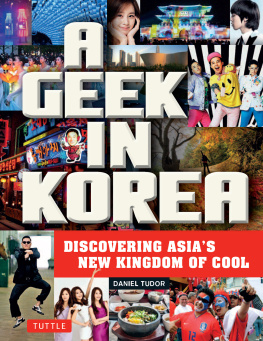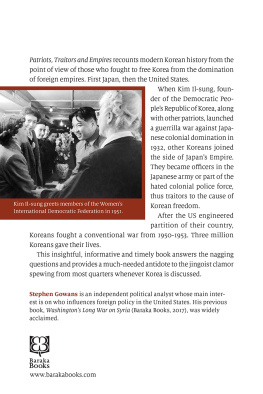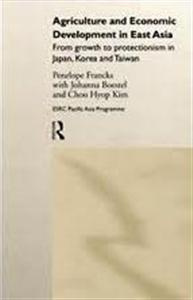First published in 1921
This edition first published in 2011
by Routledge
2 Park Square, Milton Park, Abingdon, Oxon, OX14 4RN
Simultaneously published in the USA and Canada
by Routledge
270 Madison Avenue, New York, NY 10016
Routledge is an imprint of the Taylor & Francis Group, an informa business
This edition published in the Taylor & Francis e-Library, 2010.
To purchase your own copy of this or any of Taylor & Francis or Routledges collection of thousands of eBooks please go to www.eBookstore.tandf.co.uk.
1921 Fleming H.Revell Company
All rights reserved. No part of this book may be reprinted or reproduced or utilised in any form or by any electronic, mechanical, or other means, now known or hereafter invented, including photocopying and recording, or in any information storage or retrieval system, without permission in writing from the publishers.
British Library Cataloguing in Publication Data
A catalogue record for this book is available from the British Library
ISBN 0-203-84544-7 Master e-book ISBN
ISBN 13:978-0-415-56498-4 (Set)
eISBN 13:978-0-203-84317-8 (Set)
ISBN 13:978-0-415-58591-0 (Volume 30)
eISBN 13:978-0-203-84544-8 (Volume 30)
Publishers Note
The publisher has gone to great lengths to ensure the quality of this reprint but points out that some imperfections in the original copies may be apparent.
Disclaimer
The publisher has made every effort to trace copyright holders and would welcome correspondence from those they have been unable to trace.
Foreword
By HON. SELDBN P.SPENCER,
U.S. Senator from Missouri.
AMERICANS want facts. Justice is not founded upon mere emotion or sentimental enthusiasm. Right follows truth, sometimes slowly, but always eventually.
The history of this book is illuminating and thrilling. It is well worth the thoughtful consideration of all Americans. It deserves and demands attention.
Korea, the historic patriarch of the world,more than four thousand years old when the United States was bornhas a particular appeal to the conscience and heart of our country.
On June 4, 1883, there was proclaimed a Treaty of Peace and Amity and Commerce and Navigation between the United States of America and the Kingdom of Korea or Chosen, which had been agreed to by the representatives of the respective Governments on May 22, 1882, and was formally ratified by the President of the United States (President Arthur) on February 13,1883, after its approval by the Senate of the United States on January 9,1883.
This Treaty inter alia provided:
There shall be perpetual peace and friendship between the President of the United States and the King of Chosen and the citizens and subjects of their respective Governments. If other powers deal unjustly or oppressively with either Government, the other will exert their good offices, on being informed of the case, to bring about an amicable arrangement, thus showing their friendly feelings (Italics mine.)
This Treaty gave to Korea a big boy friend upon whose strength and justice the twenty millions (present population) of Koreans instantly relied with a confidence that was pathetic in its intensity and devotion.
The Hermit Kingdom had lifted the latch and at once opened the door in welcome to the world. Other treaties followed, but the Treaty with the United States was the first.
We built the first railroad, the first electric light plant, the first water works in Korea; we constructed the first large Korean steamboats, we equipped her mines with modern machinery.
Korea, both in spirit and in letter, lived up to her Treaty agreement, though, as a matter of fact, it entirely transformed her custom in regard to foreigners a custom which had been established for decades of centuries.
The Korean people never changed this Treaty. It was and it is now their star of hope. Neither their Emperor nor their Prime Minister ever consented to its abrogation. Whatever may be the diplomatic situation of to-day, this fact cannot be morally overlooked.
How Japan secured control of Korea and in 1905 became the protector and diplomatic spokesman for these intelligent and independent people, and how later Japan completely annexed Korea and made of it a province, and how the Korean people proclaimed the independence of the Korean Republic, are graphically recitedfrom the standpoint of Koreain a manner that indicates both historic accuracy and statesmanlike impartiality.
No nation on earth can indefinitely mistreat those over whom it happens for a time to have control.
There is a world public opinion that in the last analysis is absolutely controlling. This opinion may be slow in forming, but woe be to that nation whose conduct is such as to bring upon it the anathema of world condemnation. It would be better for that nation if a millstone were hanged about its neck and that it were drowned in the depth of the sea.
Propaganda skillfully directed, vigorously promulgated, may temporarily deceive, but in Gods own time the truth shines through the parted clouds and instantly the world recognizes the fact.
I commend this book to the careful thoughts of my fellow Americans. Its record of diplomatic and current events places upon. Japan the burden of explanation a burden which no Government ought either to hesitate or refuse to instantly assume before the judgment bar of the world.
Civilization demands the truththe whole truth and nothing but the truthand no part of the civilized world ought to be more insistent for it, either from the standpoint of history or justice or its own honor, than the American people.


